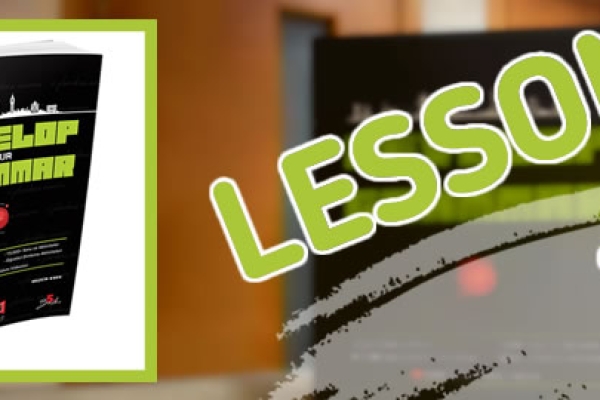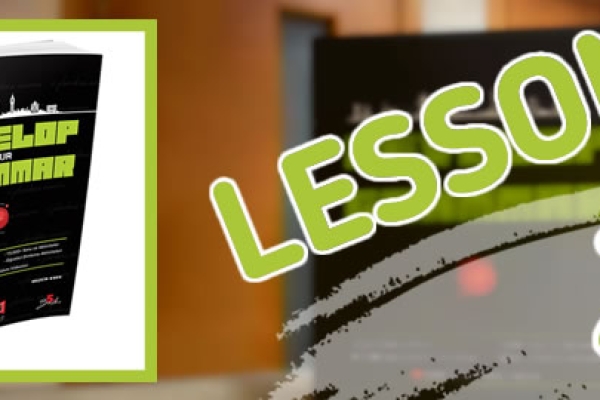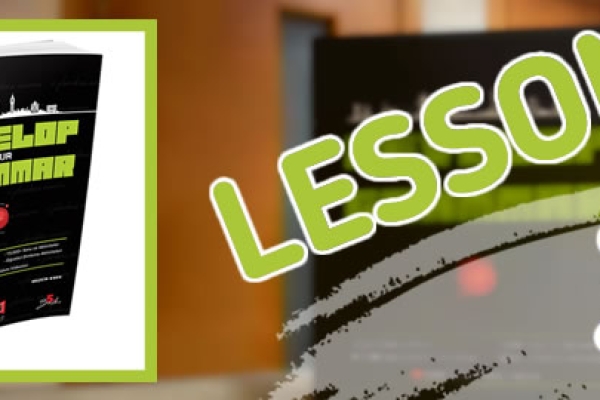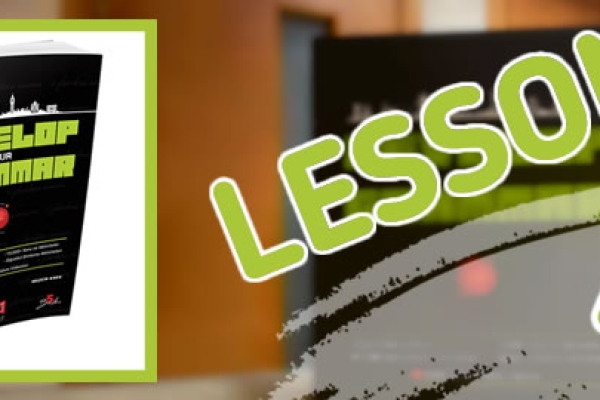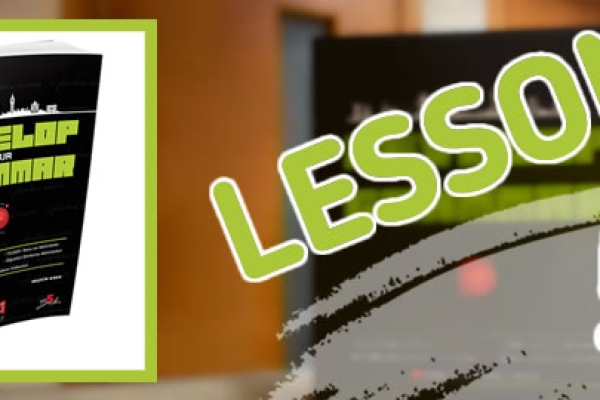Structure:
Main Clause + Relative Clause
Examples:
- Who:
- Used for people.
- "The woman who lives next door is a doctor."
- Whom:
- Used for people, often in formal contexts or as the object of a verb or preposition.
- "The person whom I met yesterday is my cousin."
- Whose:
- Shows possession.
- "The student whose book was lost is here."
- Which:
- Used for animals or things.
- "The car which I bought is very fast."
- That:
- Can be used for people, animals, or things.
- "The house that we live in is old."
Usage Tips:
- Essential (Defining) Clauses: Provide necessary information to identify the noun. No commas are used.
- "The book that you lent me is interesting."
- Non-Essential (Non-Defining) Clauses: Add extra information but are not necessary to identify the noun. Use commas.
- "My car, which is very old, needs repairs."
********* ********* ******** ********
Ücretsiz video derslerimiz aynı zamanda TEMEL İNGİLİZCE DİL BİLGİSİ kitabımızın konu anlatımlarıdır. Temel İngilizce Dil Bilgisi kitabımız ile bu videolara çalışarak İngilizce öğrenebilirsiniz.
Kitabı incelemek için aşağıdaki resme tıklayınız.
Temel Seviyede daha fazla ve farklı video dersler izlemek, daha fazla soru çözmek ve online aktiviteler yapmak için aşağıdaki kursumuzu inceleyiniz. (Resme tıklayınız.)





